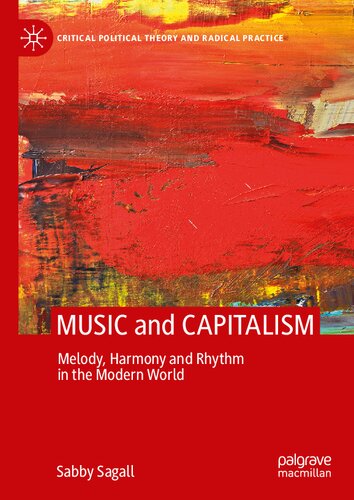

Most ebook files are in PDF format, so you can easily read them using various software such as Foxit Reader or directly on the Google Chrome browser.
Some ebook files are released by publishers in other formats such as .awz, .mobi, .epub, .fb2, etc. You may need to install specific software to read these formats on mobile/PC, such as Calibre.
Please read the tutorial at this link. https://ebooknice.com/page/post?id=faq
We offer FREE conversion to the popular formats you request; however, this may take some time. Therefore, right after payment, please email us, and we will try to provide the service as quickly as possible.
For some exceptional file formats or broken links (if any), please refrain from opening any disputes. Instead, email us first, and we will try to assist within a maximum of 6 hours.
EbookNice Team

Status:
Available0.0
0 reviewsThis book argues that the need for music, and the ability to produce and enjoy it, is an essential element in human nature. Every society in history has produced some characteristic style of music. Music, like the other arts, tells us truths about the world through its impact on our emotional life. There is a structural correspondence between society and music. The emergence of 'modern art music' and its stylistic changes since the rise of capitalist social relations reflect the development of capitalist society since the decline of European feudalism. The leading composers of the different eras expressed in music the aspirations of the dominant or aspiring social classes. Changes in musical style not only reflect but in turn help to shape changes in society. This book analyses the stylistic changes in music from the emergence of ‘tonality’ in the late seventeenth century until the Second World War.